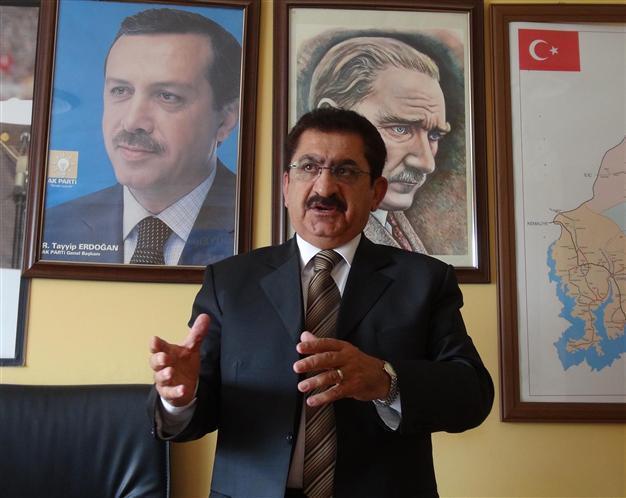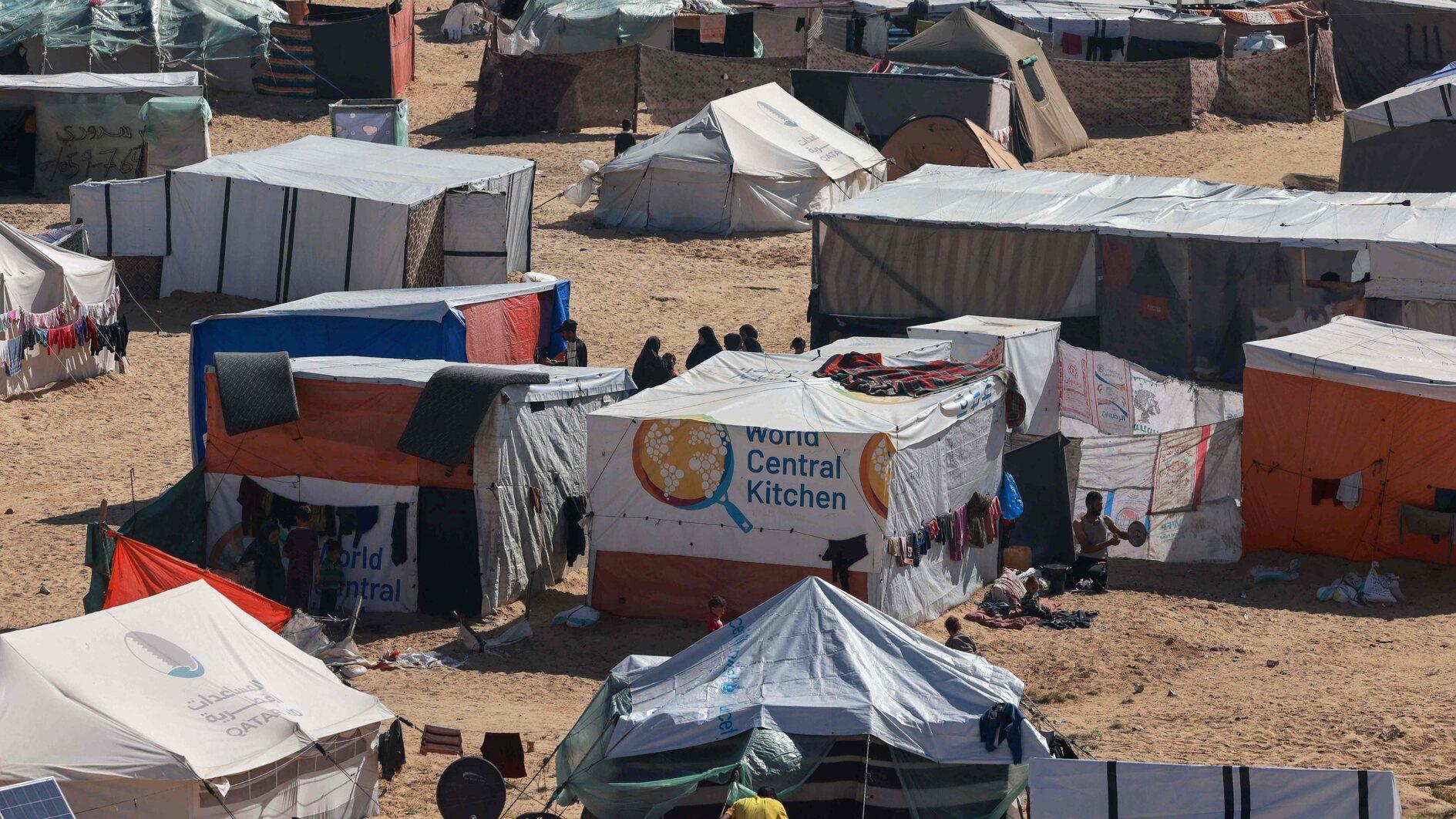Tunceli to receive back old name of Dersim in new democracy package
TUNCELİ – Doğan News Agency

The ruling Justice and Development Party (AKP) Tunceli provincial head Sinan Yerlikaya has announced the name change.
The Turkish government will change the name of the eastern province of Tunceli back to its original name of Dersim with the upcoming “democratization package,” ruling Justice and Development Party (AKP) Tunceli provincial head Sinan Yerlikaya has announced.Yerlikaya, who is a former deputy of the main opposition Republican People’s Party (CHP), said the name of the province would revert to Dersim, 78 years after it was controversially changed to Tunceli with the Tunceli Law of Dec. 25, 1935, as part of a pacification program of the region’s Alevi Kurdish tribes.
During the 1930s, the area had become a sore spot for Ankara, as the locals had acquired a reputation for being “rebellious” in their refusal to pay taxes. In 1938-39, the state conducted a massive bombardment and attack on the area, killing thousands.
On Nov. 23, 2011, Prime Minister Recep Tayyip Erdoğan apologized “on the state’s behalf” for the Dersim killings in 1938, marking the first time a representative of the Turkish Republic had ever apologized for the attacks.
The government at the time, the Republican People’s Party (CHP), attempted to take control of the area by establishing guardhouses on roads, bridges and strategic locations. Military operations, meanwhile, started when the Demanan and Haydaran tribes burned the Pah Bridge connecting Tunceli and Erzincan to the north.
The leaders of the rebellion, including tribal leader Seyid Rıza, were later hanged, while their bodies were buried in a secret location.
Rebels continued to resist until the region was pacified in October 1938. More than 10,000 people died and thousands were exiled after the 1938 operation.
Cemevis' status
Yerlikaya also said the biggest problem for Alevis was the status of the community’s house of worship, the cemevi.
“Alevis demand a status for cemevis like mosques, which means they are asking to benefit from financial and spritiual support from the state like mosques do. This issue is also in the package. A special status will be given to cemevis, and dedes [Alevis religious leaders] will be educated and given salaries,” he said.
















